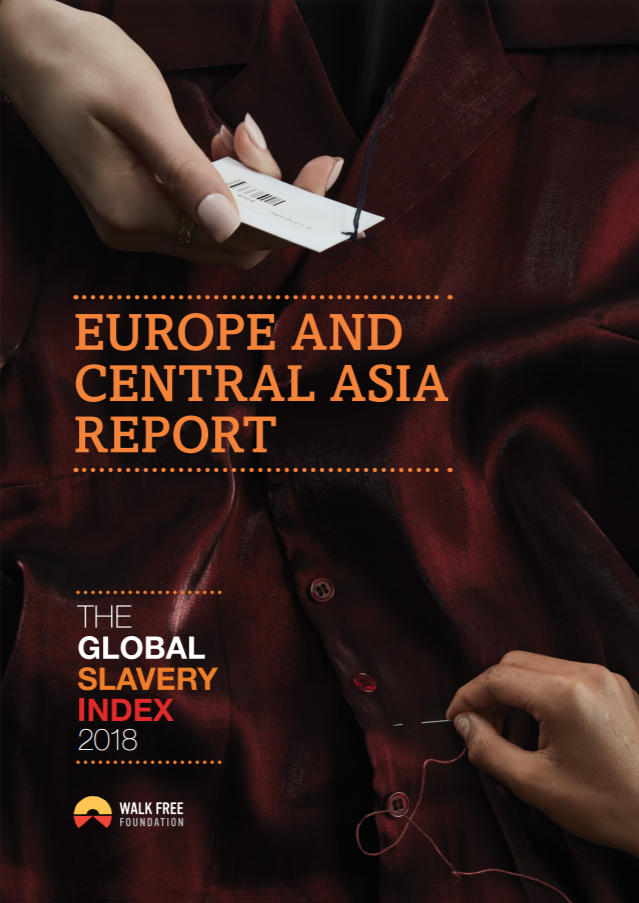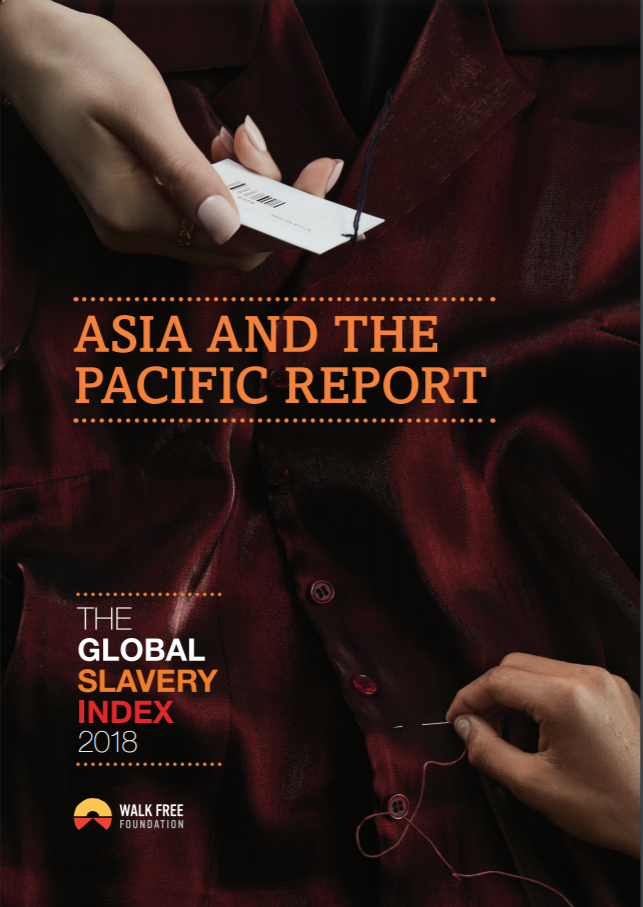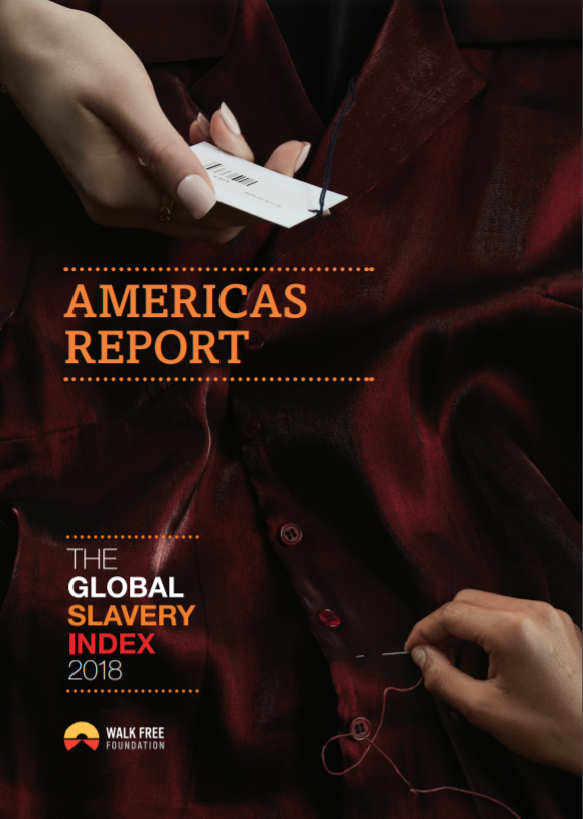Machel Study 10-year Strategic Review. Children and Armed Conflict in a Changing World

The findings of the report are the results of a wide-ranging, multistakeholder process that included participation by young people. Despite the considerable achievements of the past 10 years, challenges remain. According to 2006 estimates, more than 1 billion children under
the age of 18 were living in areas in conflict or emerging from war. Of these, an estimated 300 million were under age five, and more than 18 million children were refugees or internally displaced. The strategic review notes that there is increased global awareness about deliberate violations against children in armed conflict, such as the recruitment and use of children by armed groups. However, appalling consequences that stem from the complex interplay of conflict, poverty and discrimination are often overlooked. Children living in war-affected contexts are less likely to be in school or have access to clean water and basic sanitation. They are more vulnerable to early mortality as a result of disease and undernutrition, and they have less chance of becoming adults able to play a constructive role
in their societies.
Country
Worldwide
Region
Worldwide
Year
2009
Topics








